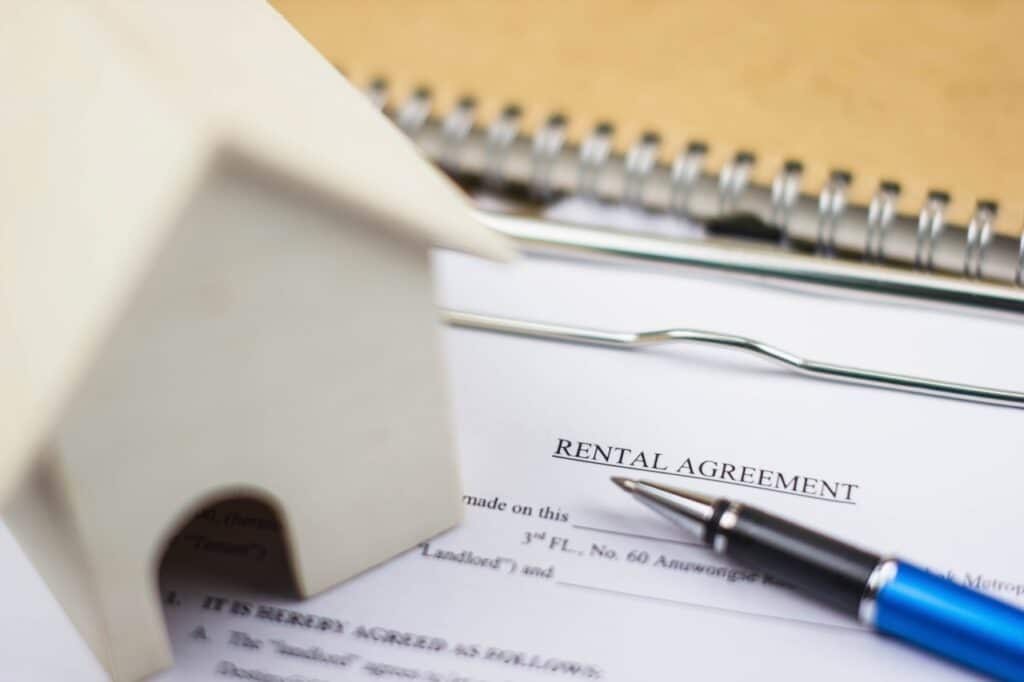Rental deposits are more than just a way to protect a rental property from damage or unpaid rent; they are a way for landlords to ensure that the rental agreement is taken seriously. And when you’re trying to decide all of the logistics for your rental property, deposits can be one of the trickiest components.
So there are a few things to consider before deciding on the deposit amount.
What is the Purpose of a Rental Deposit?
The rental deposit serves two main purposes:
- It provides the landlord with a financial safety net should any damages occur or professional cleaning be required after the tenant vacates.
- Deposits also help to secure rental agreements and ensure tenants stick to the terms of their rental agreements.
Without out, you risk rental agreements not being taken as seriously or rental payments becoming overdue.
How Much Should I Charge for My Rental Deposit?
When determining deposit amounts, it is important to consider both local rental laws and the rental market. In some states, like California, deposits are capped at two months’ worth of rent.
On the other hand, rental markets can fluctuate considerably; if you make your deposit too high relative to other options in the area, you may discourage potential tenants, whereas if it is too low you may not be able to cover damages and professional cleaning costs. So finding that sweet middle is what you should be on the lookout for.
Now that we’ve covered the two extremes, here are a few things to factor in when considering your deposit price:
Rental Price Research
Because the average deposit greatly varies depending on the area, researching your area can help you narrow down what you should be doing. Being too far off of the norm can deter potential tenants.
Nearby Properties and Competition
More than the average in the area, narrowing down your deposit should also be based on nearby properties. Researching competitors can put your price at an advantage whether it is lower than the rental price for a similar rental property or higher.
Possible Discrimination
Keep in mind that renting deposits should not be used as a form of discrimination. For example, charging extra for the following:
- Service animals
- ESAs
- Families with young children
Not only is this discriminatory, but illegal. So be cautious and always check the rental laws of your state.
When Should I Collect the Rental Deposit?
The average deposit collection window is right when rental agreements are signed and sometimes even at move-in. But like all things, it can be dependent on the rental laws in your state so be sure to research the following:
- When deposits must be collected
- If deposits can be refunded
- All of the fees associated with deposits
Amanica is Your Rental Management Helper at Your Service
At Amanica, we understand rental management can be difficult and with us, you don’t have to do it alone. From rental deposit collections to rental agreement organization, our rental management services are here to help you navigate the rental market and make sure rental agreements are taken seriously.
Contact us today to experience rental management done right, the Amanica way.


